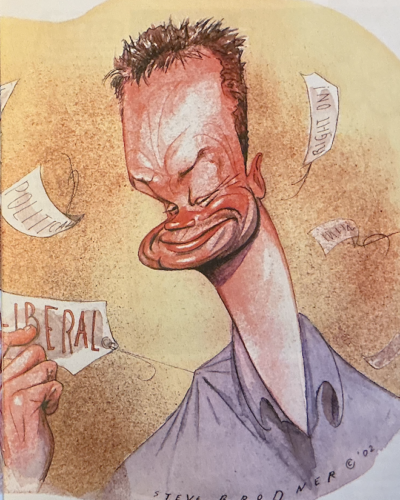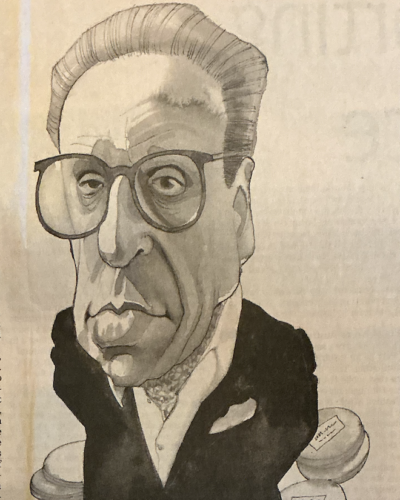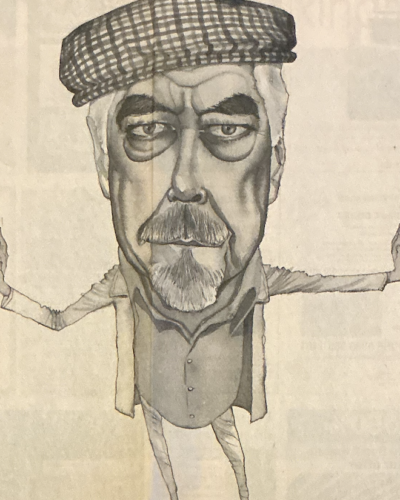Player power
Tim Robbins seems a man of contrasts at first, but what appear to be conflicting sides of his personality actually complement each other in a character of the rarest type. He has the ability to engage in the most profound conversation while provoking a genuine and contaminating laughter. On screen, he has been naively stupid (in “Bull Durham” and “The Hudsucker Proxy”) as well as shrewdly slick (in “The Player” and “The Shawshank Redemption”). And, of course, his dimpled babyish face tops a nearly 6’5” body.
So no wonder the actor-writer-director-producer Robbins is crusading against labels and stereotypes, the most common of which in his case have been “political” and “liberal”. He says he doesn’t “buy the liberal thing”, but appreciates progressivism and libertarianism. He also notes that he has a hard time distinguishing between Democrats and Republicans.
“The great illusion in America is that we have a choice, because if we don’t have that illusion, we don’t have a democracy,” he says…








